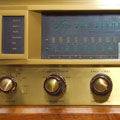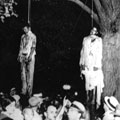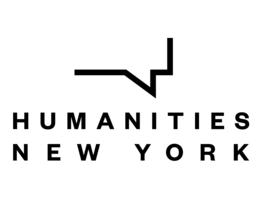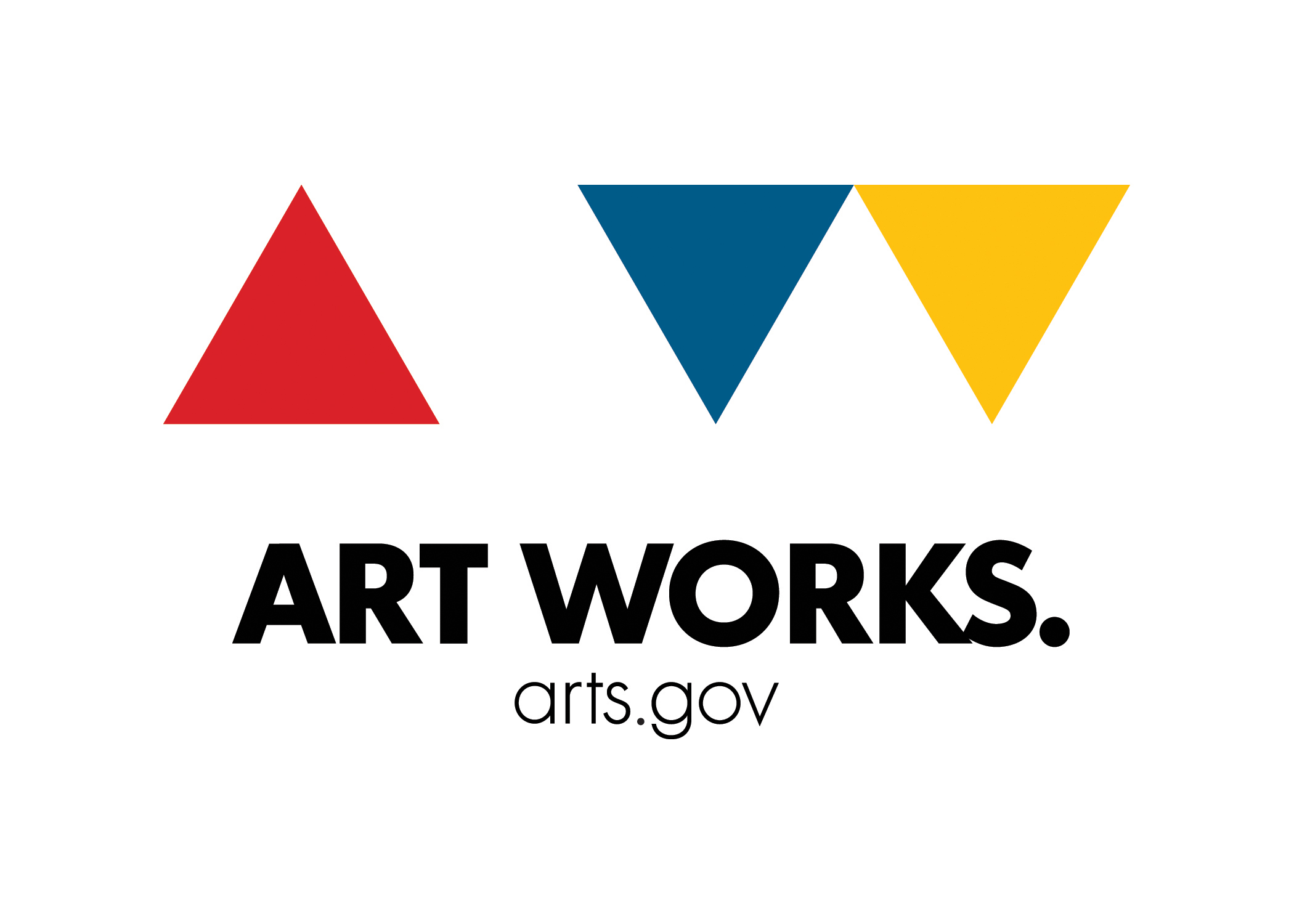JOE RICHMAN (HOST): Death is inevitable. We don’t get any choice in the matter. But we can have some say in what happens to our body after we die. Burial and cremation are the traditional options. Some people donate their body to science. Green burial and human composting are becoming more common. And for those who can afford it, you can have your ashes launched into space or turned into a diamond or a vinyl record.
What most people don’t choose is to be buried on Hart Island. More than a million people are buried on Hart Island. In mass graves with no headstones or plaques. It’s commonly known as a potter’s field. Many people end up here because the city couldn’t identify them or couldn’t find their families. The city buried a lot of people here at the height of the COVID pandemic. It’s America’s largest public cemetery, but for more than a century, it’s been mostly off limits.
I’m Joe Richman, and this is The Unmarked Graveyard, a series from Radio Diaries where we’re bringing you stories about people buried on Hart Island, the lives they lived, and the people they left behind.
[montage of clips from the series]
RICHMAN: Today, episode two. Noah Creshevsky.
Creshevsky was a composer who wrote experimental electronic music. He called it hyperrealism. He died a few years ago at the age of 75. But before he died, he made a surprising decision. His husband, David Sachs, tells the story.
DAVID SACHS: My name is David Sachs. I was the husband of the late Noah Creshevsky. We lived together for 42 years.
He was always lighthearted and interested in everything. And we agreed with so much. We found the same movies funny. We read the same books. It was just a remarkably satisfying relationship. So I was lucky and I’m so glad that I have his music. These are all his CDs. I think I will start with this piece.
[music: bell rings, electronic sounds, voice of someone getting punched]
When I first knew him, he was doing what we call field recordings. He would go out with a tape recorder and tape sounds and so on.
He takes sounds that we have all heard and all known and plays with them a little bit. Stretches them, integrates them with other sounds. He loved walking down the street in Manhattan and where you could hear languages. Not only that you didn’t speak, but that you didn’t even recognize.
[music: instrumental with voices of people speaking in gibberish]
The idea of a sound, you couldn’t quite identify, squint and, squint your ears, you know what I’m saying?
Let me just play one more thing if I may. This one is called Sleeping Awake.
[music,: dark in mood, with vocals slowly singing “Pleasure to die. Sleeping, Awake.”Dramatic drums.]
As he got older, I mean, the music became a little bit more serious. In other words, a little bit less playful. The way life becomes a little bit less playful as you get older. You become more and more aware of the inevitable termination that will await us all. So this was the last piece that Noah completed.
I think just before he knew he was sick.
No one knew he was going to die for several months. He had bladder cancer and he, um, declined to have his bladder removed. He was 75 and he thought this was the beginning of a slope and he didn’t want to go down it. And I remember the surgeon was stunned because no one had ever declined. Everyone wanted to grapple for every minute of life.
So anyway, we knew for a while that he was going to die. But we didn’t know at that time whether he would live three more weeks, three more months, three more days, three more hours. We didn’t know.
[music: sleeping awake reprise]
We tried not to talk too much about death because he didn’t want to, um, see me crying or see me upset. And so I had to, um, put on a happy face. Everything is hunky dory.
But we did talk about what he wanted to happen to his remains after he died. The options are always the traditional burial, I mean, the way one’s parents had a family plot. Nothing seemed to him more vulgar than fetishizing death with real estate. You know, a stone, a marker, a mausoleum. He just didn’t want a part of it.
And then, as we were looking at various options, I, I guess we first learned about Hart Island during the pandemic. So the idea of being buried collectively in a, in a, what they used to call a pauper’s grave seemed very meaningful to him.
And the more we talked about it, the more it seemed appealing, you know, the simplicity, the anonymity, the humility, and it was on the water, which he loved for someone who was such an egalitarian who believed genuinely in everyone’s equality. It was the right decision for him.
We didn’t tell anyone we didn’t discuss it with anyone I remember when the hospice nurse who was wonderful I was very upset when she learned he was going to be buried in Hart Island, she had this idea that it was not decent.
It was just like a garbage dump for only the unknown who no one cared about, but she came to realize the meaningfulness of his decision. A lot of people, I think, look at death as a kind of way to extend your ego, either your monument or the way in which you’re buried, and ego stops with death.
At one point, Noah thought he would try to accelerate the process of dying, and he invited me to come with him on that last voyage, and we would do it together. It was a serious offer, and I seriously considered it, because we had been such a unity, that I couldn’t imagine going from the we to the I. But the more I thought about it, the more I decided, um, to not do something to myself.
I was more interested in continuing, and um, we had a wonderful time, three more months, and then he got too weak. He became delirious, and not the kind of delirium like when you’re high or drunk, you know, festive and funny, but the sad kind, you know, where you don’t know who you are. It was hard, man, it was hard.
[sigh]
At the very end, I had been up several nights with him, you know, I was tired. We went to sleep together, kissed him goodnight, told him I loved him, as I did every day for the previous 42 years, and um, in the morning he was dead. You know when someone is dead. It’s not only that you poke them and they don’t get up, but you know, you have the feeling that that person is dead.
And it was quiet for a long time, and then I was left alone in the apartment, and, um, That was how it ended.
I still find it very difficult, even though it’s been two years, I find it difficult.
You know, I wake up sometimes, and I see he’s not in bed with me, and my first instinct is to call to him, assuming he’s in the other room. And then I realize, more or less quickly, that no, he’s not there. And that hits you sometimes like a ton of bricks. He’s not in the other room, or in another city. He’s not anywhere. And then, almost immediately, a more calming realization sinks in. Well, he’s… Everywhere.
[MUSIC]
RICHMAN (HOST): David Sachs, husband of the late Noah Creshevsky.
Our story about Noah Creshevsky was produced by me, Joe Richman. Our team also includes Nellie Gilles, Mycah Hazel, Alissa Escarce, and Lena Engelstein. Our editors are Ben Shapiro and Deborah George, sound mixing by Ben Shapiro. We couldn’t make this series without the help of Melinda Hunt and the Hart Island Project.
Visit hartisland.net to learn more. And thanks to our broadcast partner, NPR’s All Things Considered. We are proud members of Radiotopia from PRX, a network of independent, creator owned, listener supported podcasts at Radiotopia.fm. Radio Diaries has support from the National Endowment for the Humanities, the Lily Auchincloss Foundation, New York City’s Department of Cultural Affairs and from listeners like you.
Over the coming weeks, we’ll be bringing you more stories from Hart Island. Coming up, a woman looking for the father she never knew.
UNIDENTIFIED VOICE #1: There were thousands of questions. Do I have brothers? Do I have sisters? Do I have a grandmother? Do I have an aunt? Where’s his family? Where’s his people?
RICHMAN: I’m Joe Richman of Radio Diaries. See you next week.








